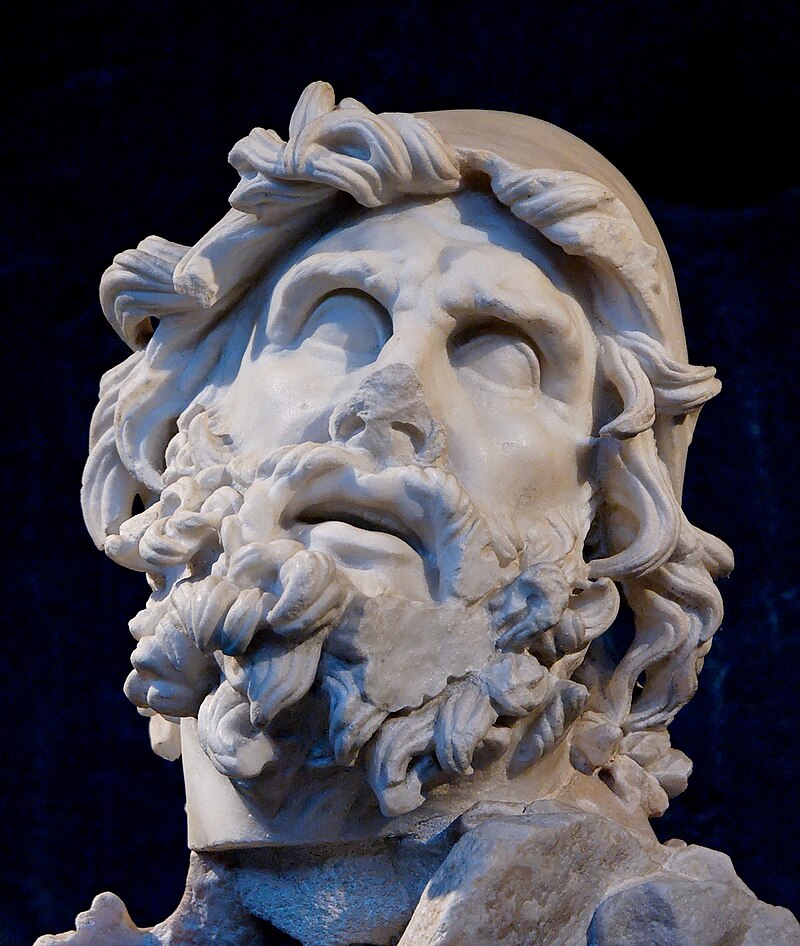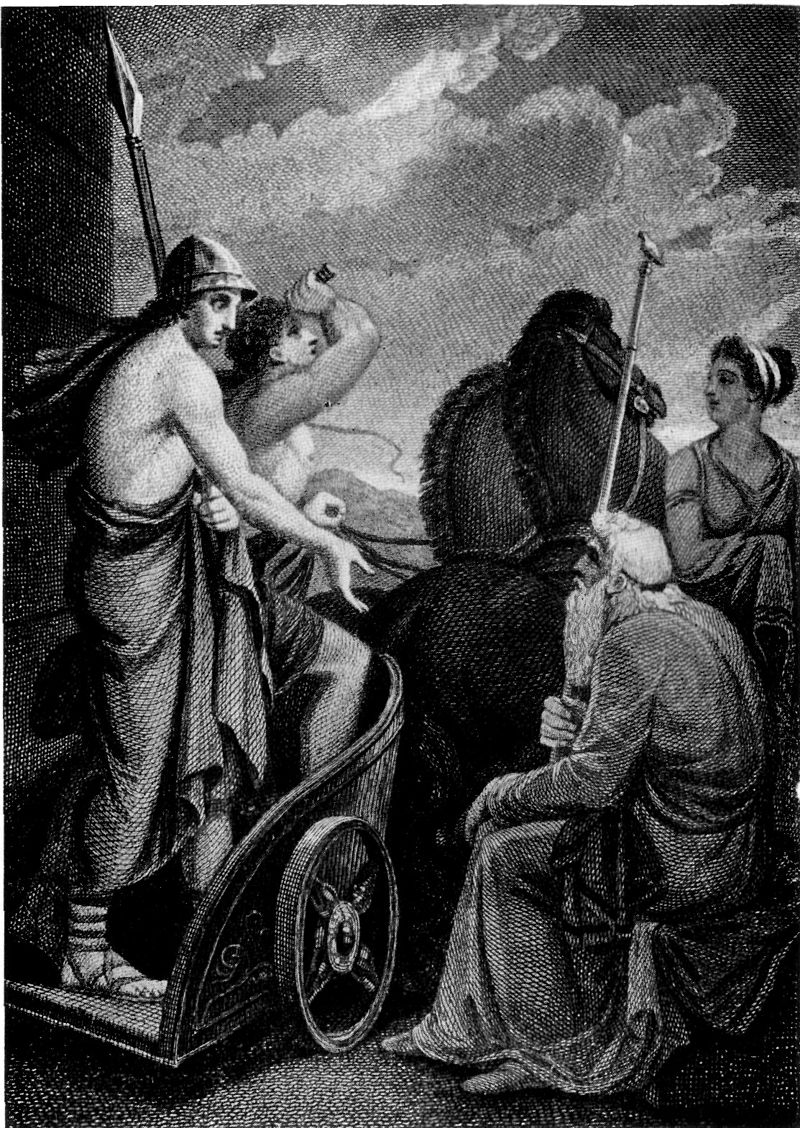A. The Odyssey
The Odyssey is one of two major ancient Greek
epic poems attributed to Homer.
It is fundamental to the modern Western canon, and is the second-oldest extant work of Western literature; the Iliad is the oldest.
It is fundamental to the modern Western canon, and is the second-oldest extant work of Western literature; the Iliad is the oldest.
B. The brief introduction of Odysseus’ family
 |
Odysseus was a legendary Greek king of Ithaca and the hero of Homer's epic poem the Odyssey. Odysseus also plays a key role in Homer's Iliad and other works in that same epic cycle.
|
 |
Penelope is the wife of Odysseus, who is known for her faithfulness to Odysseus while he is absent, despite having many suitors.
|
 |
Telemachus is a figure in Greek mythology, the son of Odysseus and Penelope, and a central character in Homer's Odyssey. The first four books of the Odyssey focus on Telemachus's journeys in search of news about his father, who has yet to return home from the Trojan War, and are traditionally given the title the Telemachy.
|
C. vocabulary
laurel
Price–performance ratio: In economics and engineering, the price–performance ratio refers to a product's ability to deliver performance, of any sort, for its price. Generally speaking, products with a lower price/performance ratio are more desirable, excluding other factors.

D. Garden of Eden
Adam is a figure
from the Book of Genesis who is also mentioned in the New Testament, the
deuterocanonical books, the Quran, the Book of Mormon, and the Book of Iqan.
According to the creation myth of the Abrahamic religions, he was the first
human.
|
|
Eve is a figure in the Book of Genesis in the Hebrew Bible.
According to the creation myth of the Abrahamic religions, she was the first
woman. In Islamic
tradition, Eve is known as Adam's wife and the first woman although she is
not specifically named in the Quran.
According to the second chapter of
Genesis, Eve was created by God (Yahweh) by taking her from the rib of Adam,
to be Adam's companion. She succumbs to the serpent's temptation to eat the
forbidden fruit from the tree of the knowledge of good and evil. She shares
the fruit with Adam, and as a result the first humans are expelled from the
Garden of Eden.
|
|
The Garden of Eden or often
Paradise is the biblical "garden of God", described most notably in the
Book of Genesis chapters 2 and 3, and also in the Book of Ezekiel. The
"garden of God", not called Eden, is mentioned in Genesis 13, and
the "trees of the garden" are mentioned in Ezekiel 31. The Book of
Zechariah and the Book of Psalms also refer to trees and water in relation to
the temple without explicitly mentioning Eden.
|

沒有留言:
張貼留言